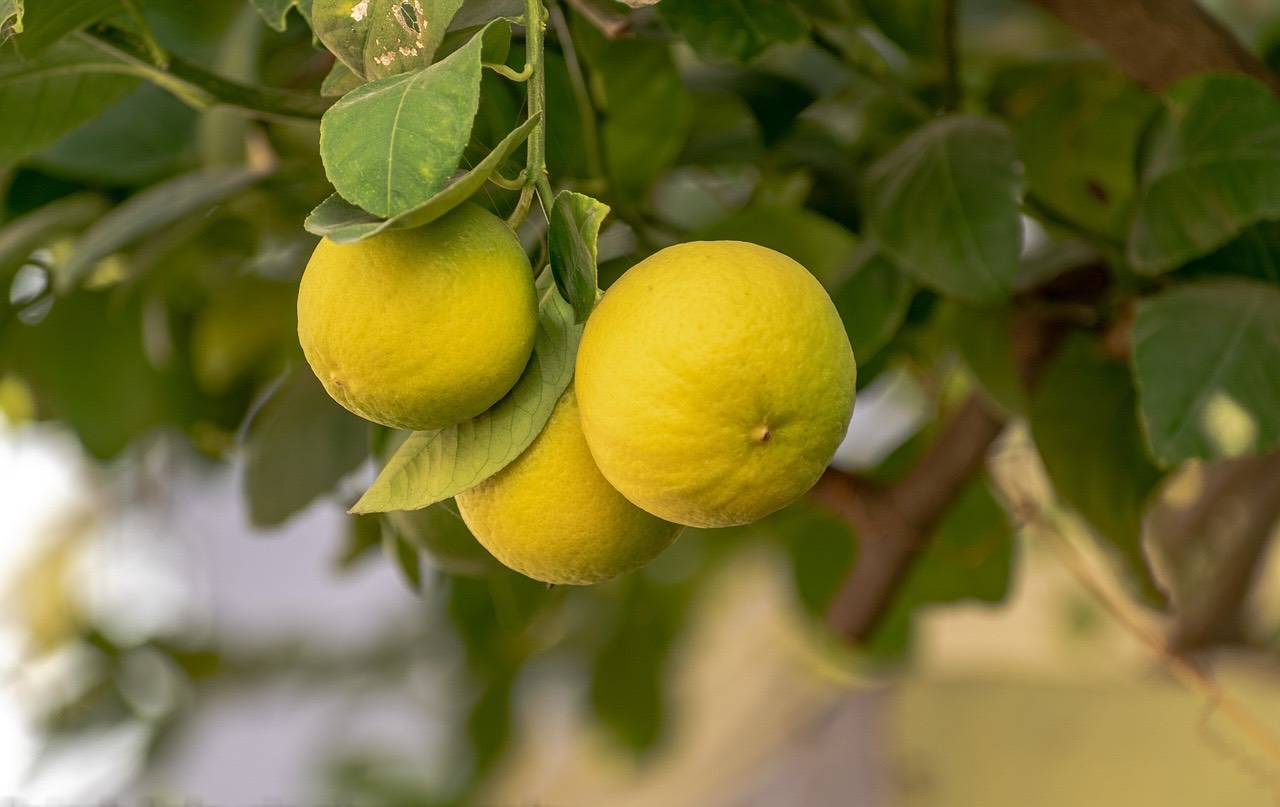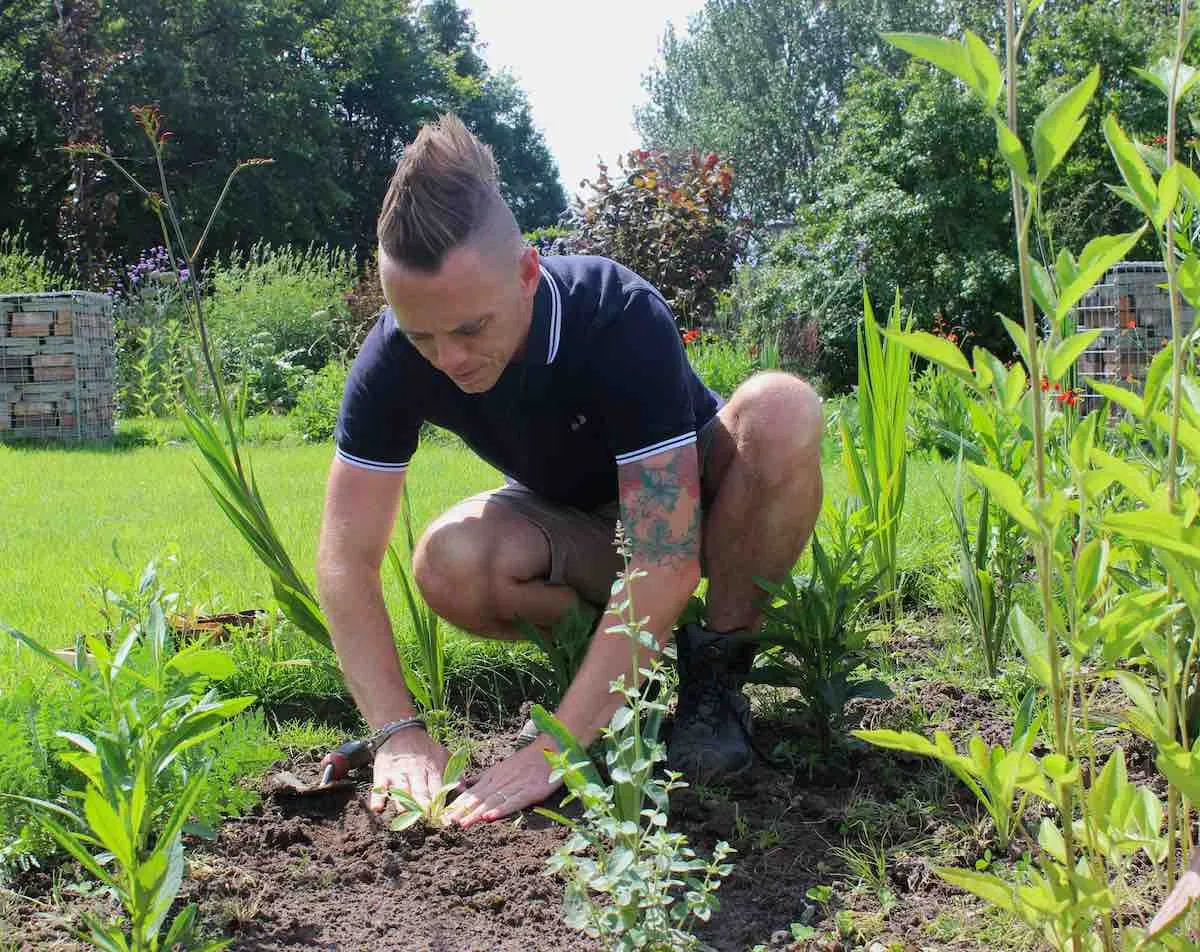Hi @chas159
Thanks for your question about the pH of water and whether certain plants, in particular citrus trees need additional treatments to absorb essential nutrients.
The quick answer is yes, they will; this is because the hardness and pH of water and soil will impact how many of the macro and micro nutrients the plants can absorb. This is why certain plans prefer acidic soil, cacifuges, and other alkaline soil, cacioles. Rather than adding the treatment to the water, I would apply mulch or compost, as you suggested. But only do this if you're noticing yellowing of the leaves of your citrus plants. Adding too much wastes resources and can leach out into the wider environment, which you don't want!

Let me give some more details on soil pH for other Ninjas so I can be comprehensive.
Soil pH plays a crucial role in determining how plants take up nutrients because it directly affects the availability of essential elements in the soil. The pH level, which measures how acidic or alkaline the soil is on a scale from 0 to 14, influences the chemical form of nutrients and their solubility. Plants absorb most nutrients in a specific chemical state, and the pH controls whether they are present in a form that plants can easily access or in a form that is locked up in the soil.
Low pH (Acidic)
In soils with a very low pH (highly acidic), essential nutrients like nitrogen, phosphorus, and potassium may become less available because they can bind with other elements, making them insoluble and, therefore, difficult for plants to absorb. For example, phosphorus tends to bond with iron and aluminium in acidic soils, forming compounds not easily taken up by plant roots. Additionally, highly acidic soils may cause harmful elements like aluminium and manganese to become more soluble and toxic to plants, stunting growth and damaging roots.
- Rhododendrons
- Blueberries
- Conifers
High pH (Alkaline)
On the other hand, in soils with a high pH (alkaline soils), other essential nutrients such as iron, manganese, and zinc become less available, leading to nutrient deficiencies. For instance, iron chlorosis, where leaves turn yellow due to a lack of iron, is common in plants growing in alkaline soils. These micronutrients, vital for plant health, are rendered unavailable as they become trapped in forms that the plant’s roots cannot absorb.
- Lavender (Lavandula)
- Clematis
- Lilac (Syringa vulgaris)
The ideal pH range for most plants falls between 6.0 and 7.0, where nutrients are in their most accessible forms and are available in balanced quantities. Outside of this range, certain nutrients either become deficient or toxic, causing poor plant health. Adjusting soil pH by adding lime to raise pH or sulfur to lower it can help optimize the nutrient uptake for specific plants, ensuring they thrive by having access to the nutrients they need.
I hope that helps. Let me know how you get on!
Lee Garden Ninja
Hi @chas159
Thanks for your question about the pH of water and whether certain plants, in particular citrus trees need additional treatments to absorb essential nutrients.
The quick answer is yes, they will; this is because the hardness and pH of water and soil will impact how many of the macro and micro nutrients the plants can absorb. This is why certain plans prefer acidic soil, cacifuges, and other alkaline soil, cacioles. Rather than adding the treatment to the water, I would apply mulch or compost, as you suggested. But only do this if you're noticing yellowing of the leaves of your citrus plants. Adding too much wastes resources and can leach out into the wider environment, which you don't want!

Let me give some more details on soil pH for other Ninjas so I can be comprehensive.
Soil pH plays a crucial role in determining how plants take up nutrients because it directly affects the availability of essential elements in the soil. The pH level, which measures how acidic or alkaline the soil is on a scale from 0 to 14, influences the chemical form of nutrients and their solubility. Plants absorb most nutrients in a specific chemical state, and the pH controls whether they are present in a form that plants can easily access or in a form that is locked up in the soil.
Low pH (Acidic)
In soils with a very low pH (highly acidic), essential nutrients like nitrogen, phosphorus, and potassium may become less available because they can bind with other elements, making them insoluble and, therefore, difficult for plants to absorb. For example, phosphorus tends to bond with iron and aluminium in acidic soils, forming compounds not easily taken up by plant roots. Additionally, highly acidic soils may cause harmful elements like aluminium and manganese to become more soluble and toxic to plants, stunting growth and damaging roots.
- Rhododendrons
- Blueberries
- Conifers
High pH (Alkaline)
On the other hand, in soils with a high pH (alkaline soils), other essential nutrients such as iron, manganese, and zinc become less available, leading to nutrient deficiencies. For instance, iron chlorosis, where leaves turn yellow due to a lack of iron, is common in plants growing in alkaline soils. These micronutrients, vital for plant health, are rendered unavailable as they become trapped in forms that the plant’s roots cannot absorb.
- Lavender (Lavandula)
- Clematis
- Lilac (Syringa vulgaris)
The ideal pH range for most plants falls between 6.0 and 7.0, where nutrients are in their most accessible forms and are available in balanced quantities. Outside of this range, certain nutrients either become deficient or toxic, causing poor plant health. Adjusting soil pH by adding lime to raise pH or sulfur to lower it can help optimize the nutrient uptake for specific plants, ensuring they thrive by having access to the nutrients they need.
I hope that helps. Let me know how you get on!
Lee Garden Ninja
 Lee Burkhill: Award Winning Designer & BBC 1's Garden Rescue Presenters Official Blog
Lee Burkhill: Award Winning Designer & BBC 1's Garden Rescue Presenters Official Blog



